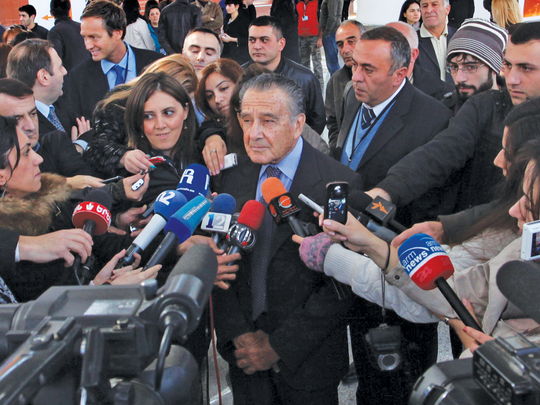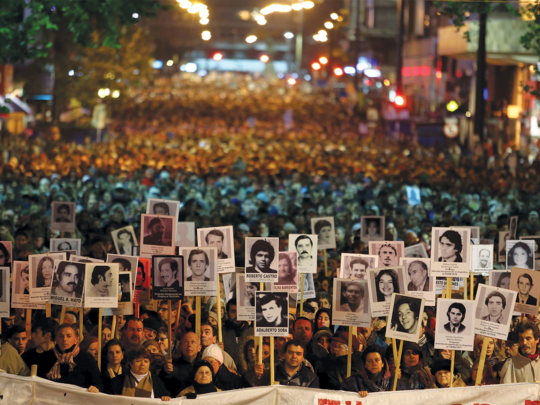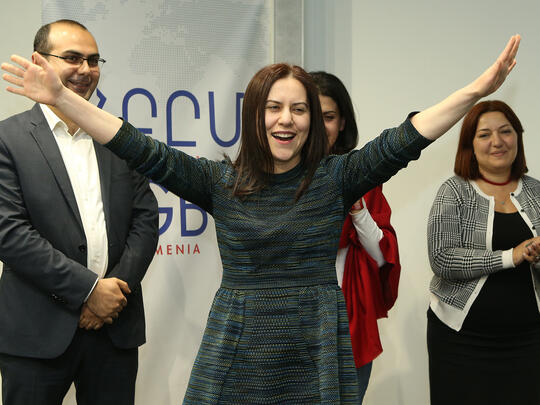No Armenian-American living today can remember a time when the crusade for official U.S. recognition of the Armenian Genocide of 1915 hasn’t been challenged to the extreme—whether in the halls of Congress, the offices of big-budget PR firms, the outlets of mainstream global media, and in many cases, the campuses of major American universities. Yet the long and winding obstacle course for a small group like the Armenians to overcome suddenly ended with a major victory, catching many in the community by surprise. To understand what happened and how, we looked to those on the front lines of the Armenian Genocide recognition movement to help unpack insights and perspectives
Geopolitical expediency wasn’t always the rule in America. There is a proud record of protest against the Genocide while it was happening, thanks to diplomats like Henry Morganthau and even presidents like Wilson and Roosevelt, not to mention the fundraising campaigns launched by American philanthropies and the humanitarian efforts of missionary organizations. But the age of noble causes soon gave way after World War I to self-interested pragmatism, especially as Turkey grew in geopolitical strategic prominence post-World War II. Its shameless campaign of denial, unveiled threats and proxy agitations in the Caucasus were all part of a concerted effort to keep its superpower ally, the U.S., from uttering the G-word when referring to the first genocide of 20th century.
Though almost every state in the union individually recognized the genocide and some recent presidents have spoken out, genocide recognition by Congress and the Executive Branch has remained the elusive holy grail of the Armenian-American community. Over the decades, it had grown accustomed to fighting hard for passage only to face disappointment at the last moment. Whether it was Bob Dole’s 1990 Senate resolution, or House resolutions in 2000 and 2007, each bill made it close to the finish line, only to be thwarted by filibuster or intervention by Presidents citing “national security concerns.” The latest effort, known as H.Res.296, became part of the national conversation in October 2019 when the Administration ordered a surprise pullback of American troops in northern Syria. This led to an invasion by Turkey, a move opposed by American lawmakers across the political spectrum. Congress condemned Turkey, passed sanctions, and took up consideration of the genocide bill, a move which, at the time, was portrayed by Turkey as an act of revenge. However, Dr. Rouben Adalian, Director of the DC-based Armenian National Institute (ANI) cautions against such a simplistic and short-sighted view.
“Clearly there have been enough representatives in Congress who believe in the human rights value of addressing this historic injustice as a matter of principle, in consideration of current-day genocides and human rights violations. I think the errors made by Turkey on the one hand, while at the same time, the progress made by the Armenian community in educating the public and decision makers about the Armenian Genocide play a very central role. We’ve got to be able to look at this larger picture rather than the brief, exciting, and surprising developments that happened in Congress. The short term context around the vote should not overshadow the long term effort and very diligent work that hosts of organizations, primarily the Armenian Assembly and the Armenian National Committee, carried out.”
Dr. Adalian has been involved in efforts to pass a genocide resolution for over 30 years, and in that time has noticed a significant shift in attitude towards the genocide and Turkey. Lawmakers in years past, under the influence of the Turkish lobby, would cite denialist stances among reasons to oppose the measure. Nobody outside Turkey does this anymore, and according to Adalian, “The scholarship that academics and researchers have created over the past decades has clarified the historical record and demonstrated that the counterarguments by the Turkish government were fabrications and untruths. We crossed that bridge successfully in the past few years, but it took a background of 30 plus years of generating very serious, carefully researched scholarship to hold that up.”
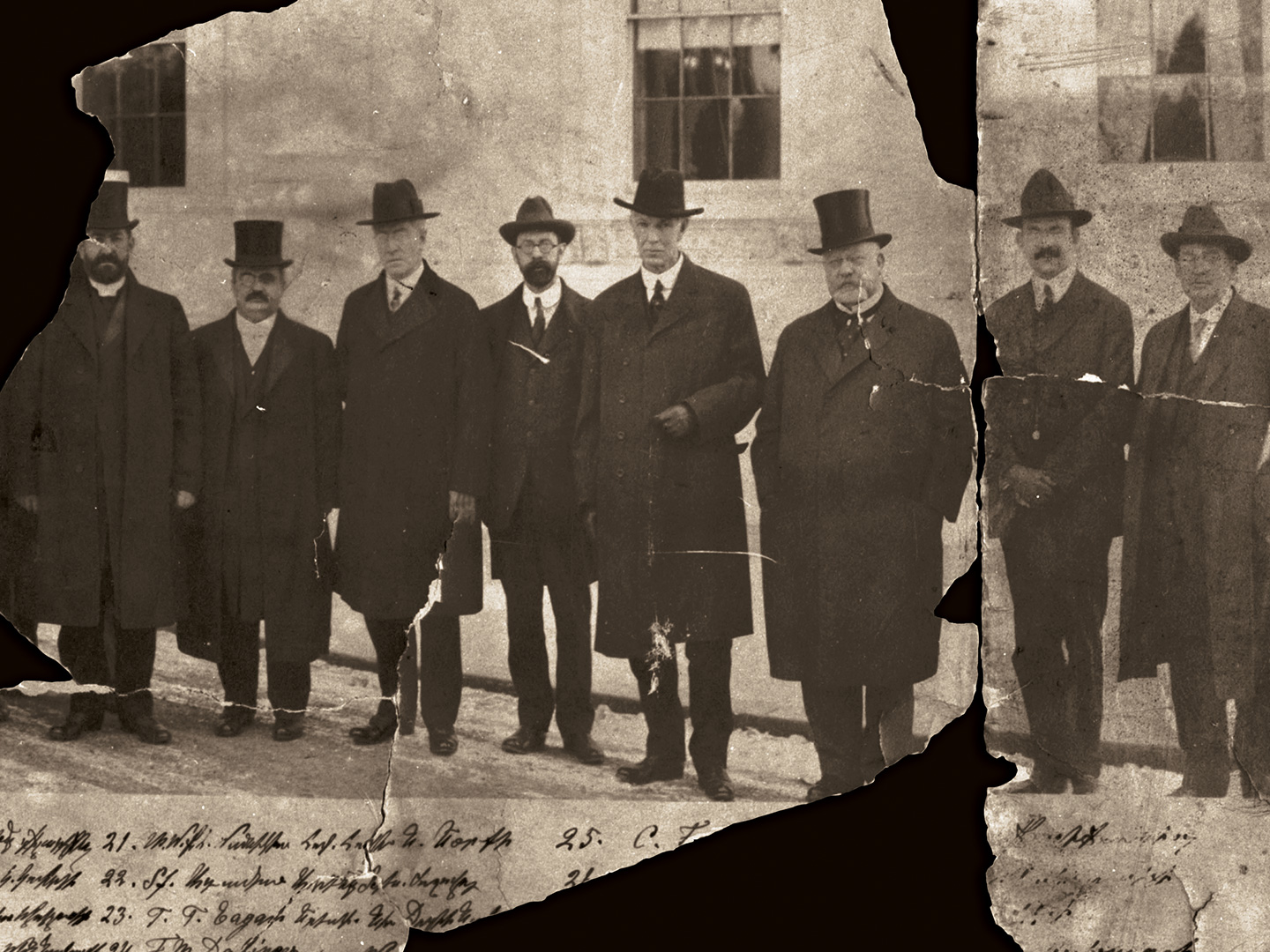
Along with the rejection of the Turkish government’s historical arguments, many actions taken under the leadership of President Recep Tayyip Erdogan, of which the invasion of Syria was only the latest, have all but invalidated the notion of needing to appease Turkey due to “national security concerns.” According to Executive Director Aram Hamparian of the Armenian National Committee (ANCA), “In the context of Turkey’s drift- if not sprint-away from the United States, our policy makers took a careful look at Turkey’s value and came away believing that they just don’t deserve a veto over U.S. policy on the Armenian Genocide.”
In his estimation, the resolution would have passed in the coming year regardless of the events in Syria. For example, Speaker of the House Nancy Pelosi committed during her previous speakership that she would bring a genocide resolution to a vote, and House Majority Leader Steny Hoyer has long been very supportive of Armenian issues. In addition, Pelosi was encouraged by her fellow San Francisco Bay area colleagues Reps. Jackie Speier and Anna Eshoo, who are both of Armenian descent and told their families’ stories of survival in speeches on the House floor. H.Res.296 was introduced by Rep. Adam Schiff, who had risen among the ranks in the Democratic party and serves as the Chairman of a key committee. A long-time champion of Armenian issues, Schiff’s district centered in Glendale is notable for having more Armenian constituents than any other.

As a resolution rather than a bill, H.Res.296 did not require the President’s signature. It referred to the United States’ history on the genocide and included other bills and statements which referenced the genocide, including President Reagan’s 1981 proclamation which used the term “genocide.” The resolution declared the sense of the House of Representatives that it is the policy of the United States to: (1) commemorate the Armenian Genocide through official recognition and remembrance; (2) reject efforts to enlist, engage, or otherwise associate the United States Government with denial of the Armenian Genocide or any other genocide; and (3) encourage education and public understanding of the facts of the Armenian Genocide, including the United States’ role in the humanitarian relief effort, and the relevance of the Armenian Genocide to modern-day crimes against humanity.
After quickly passing through the House Rules Committee, the resolution was scheduled for a vote by the full House the following day. On October 29, after an hour of debate which consisted of mostly supportive statements encouraging passage, the resolution passed overwhelmingly 405-11, with 3 voting “present.” It is extremely rare for legislation to pass by such a huge margin and, surprisingly, most lawmakers known for their supportive stance on Turkey voted in favor of the resolution.
The Armenian community celebrated while also asking what’s next. “The overwhelming bipartisan passage in the House created a groundswell of momentum and provided a window of opportunity for the Senate to take action,” stated Bryan Ardouny, Executive Director of the Armenian Assembly of America. The limited time remaining in the session and the ability to filibuster in the Senate would make passing the resolution more difficult, but efforts continued full speed ahead. “Timing was critical,” Ardouny added.
While we can never undo the horrors of the Genocide, this vote makes it clear that we will never forget and takes a principled stand against the insidious dangers of denial.
Adam Schiff
U.S. Representative (CA-28th District)
A Senate rule allows resolutions to bypass the typical process with agreement by unanimous consent. This means that as long as none of the 100 senators object, the resolution would be considered to have passed without a roll call vote. Senator Menendez made the motion in mid-November during a visit by President Erdogan to the White House, but it was objected to by Senator Graham, who said senators shouldn’t “sugarcoat history or try to rewrite it.” However, Graham later admitted he had been asked by a senior White House aide to object, to avoid insulting Erdogan during his visit, and that blocking it had made him “uncomfortable.” Menendez countered that he would return to the Senate floor every week with the same motion to “prick the conscience of the Senate” and reveal who truly supported recognizing the genocide.
Menendez’s next two attempts were blocked by other senators, but as Ardouny noted, “You had a real sense that none of the Senators were passionately, strongly opposed, but rather were making pro forma objections against passage based on timing—even stating that they wouldn’t object again.” The fourth attempt, on December 12, 2019, saw no senator speak up and thus the resolution passed by unanimous consent.
Due to the triumphant passage in the House, a similar victory in the Senate became practically inevitable and attempts to block it were not sustainable. As Hamparian explained, “Even if they had found one person to get up there every week for a year and block this, do they really want a new story every week about how they’re standing in the way of 99 other senators who recognized the Armenian Genocide? In American politics, some things are debated and then they’re closed and then you move on. In the Congressional context, this issue was debated, it was closed and we’ve moved on. Denial of the Armenian Genocide has no place in Congress anymore.”
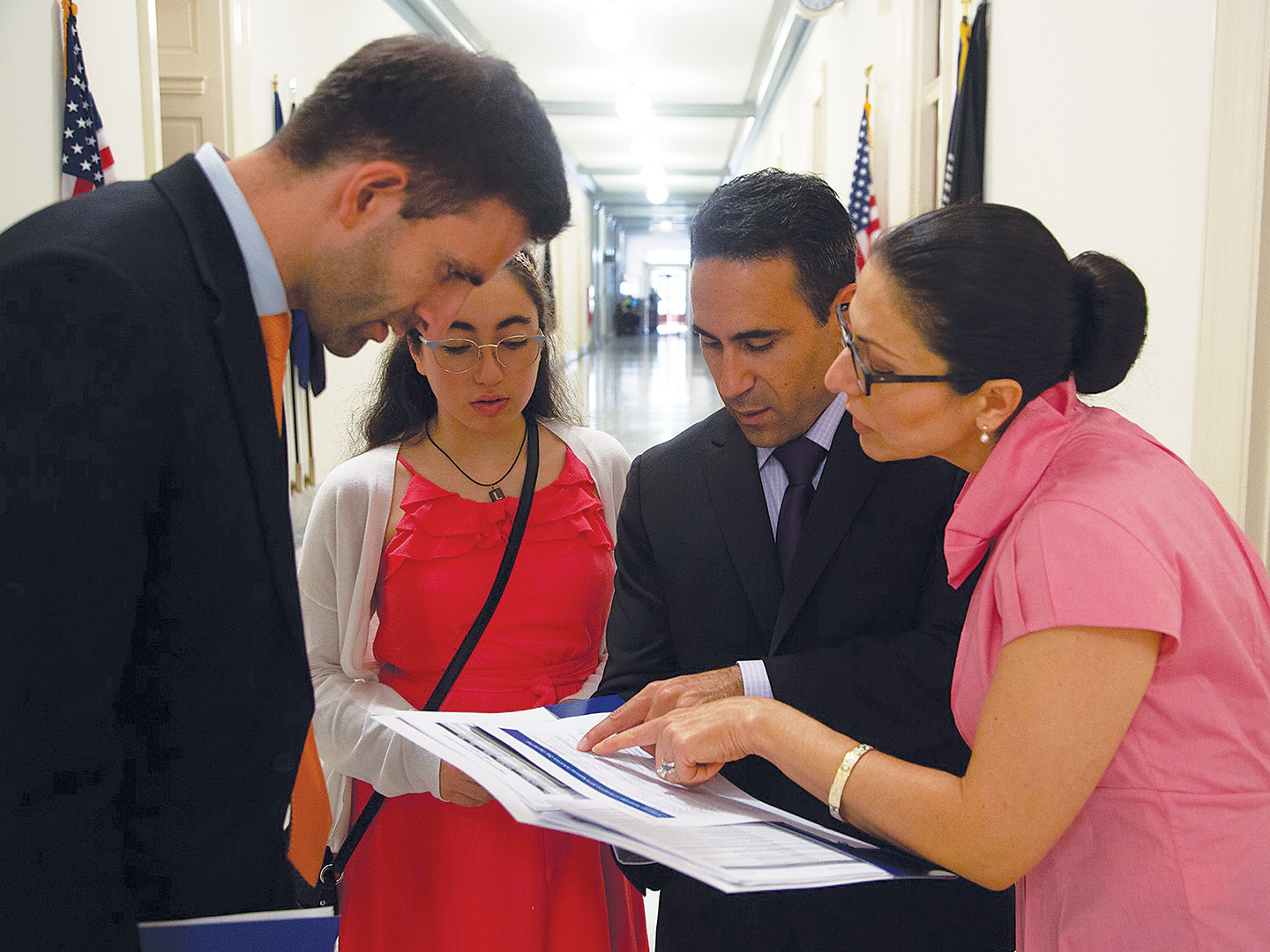
The movement for recognition continues in order to persuade the President to properly characterize the genocide and for that to be reflected in executive branch policy. Dr. Adalian believes that thanks to Congressional passage, it is much more likely that there will be a U.S. president who will unequivocally affirm the Armenian Genocide sooner than later. In addition, Armenian-American priorities will continue to include educating the public about the genocide to help prevent future ones, looking out for the safety and security of all Armenians, solidifying Armenia’s democratic gains, and ensuring that the truth keep marching on.
Reflecting on the meaning of this momentous achievement for the Armenian-American community, Dr. Adalian stated: “The affirmation of the genocide was a vital concern to the survivors. They did not live to see their government confirm the Armenian Genocide, but their descendants assumed responsibility for it, kept their promise and persisted to see this matter clarified. I think this is testimony to the tremendous dedication of a community that has a lot of respect for its culture and wants to share that history with the rest of the citizenry of this great country.”
Banner photo by Reverend Matteos Manigian


